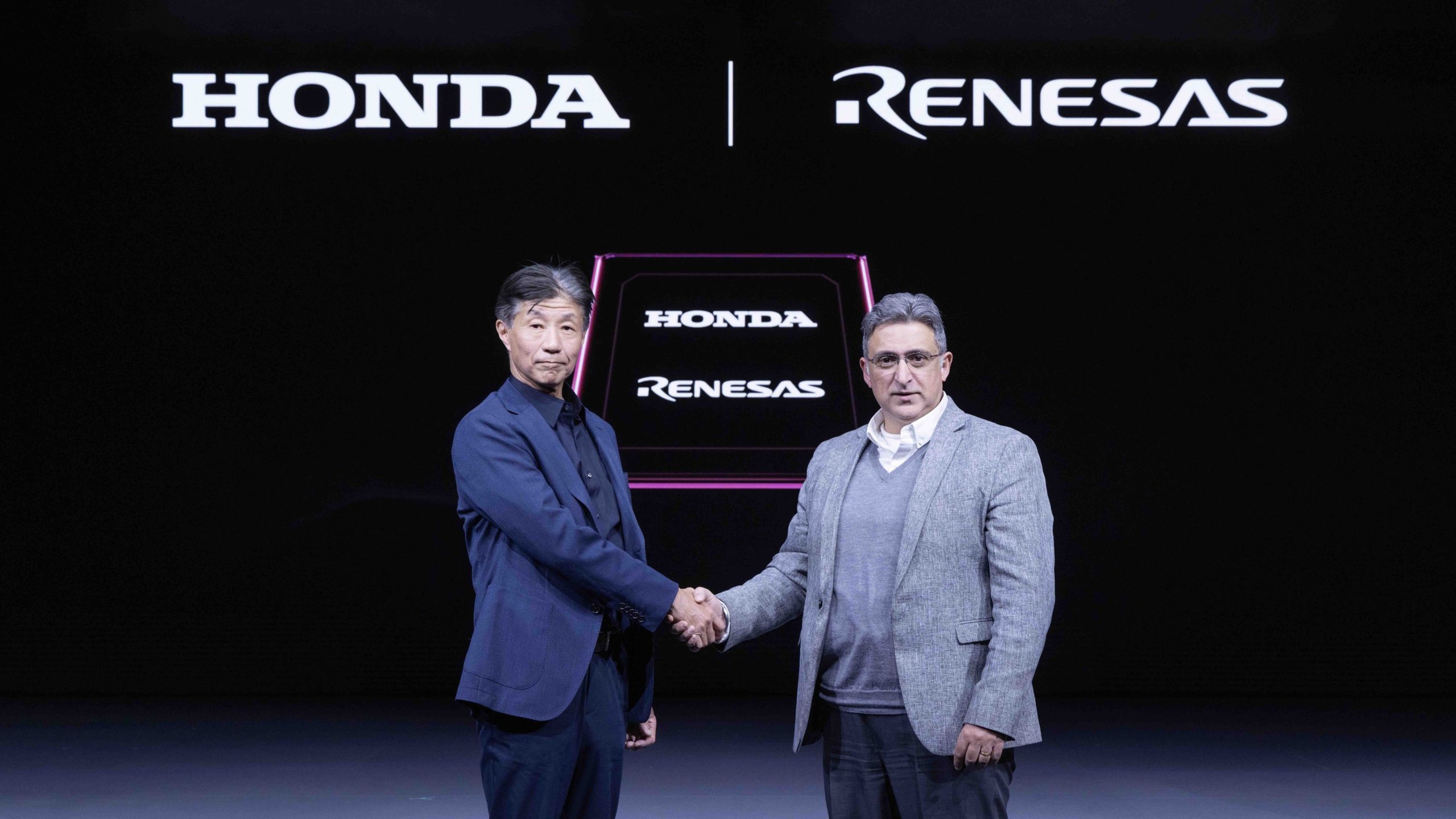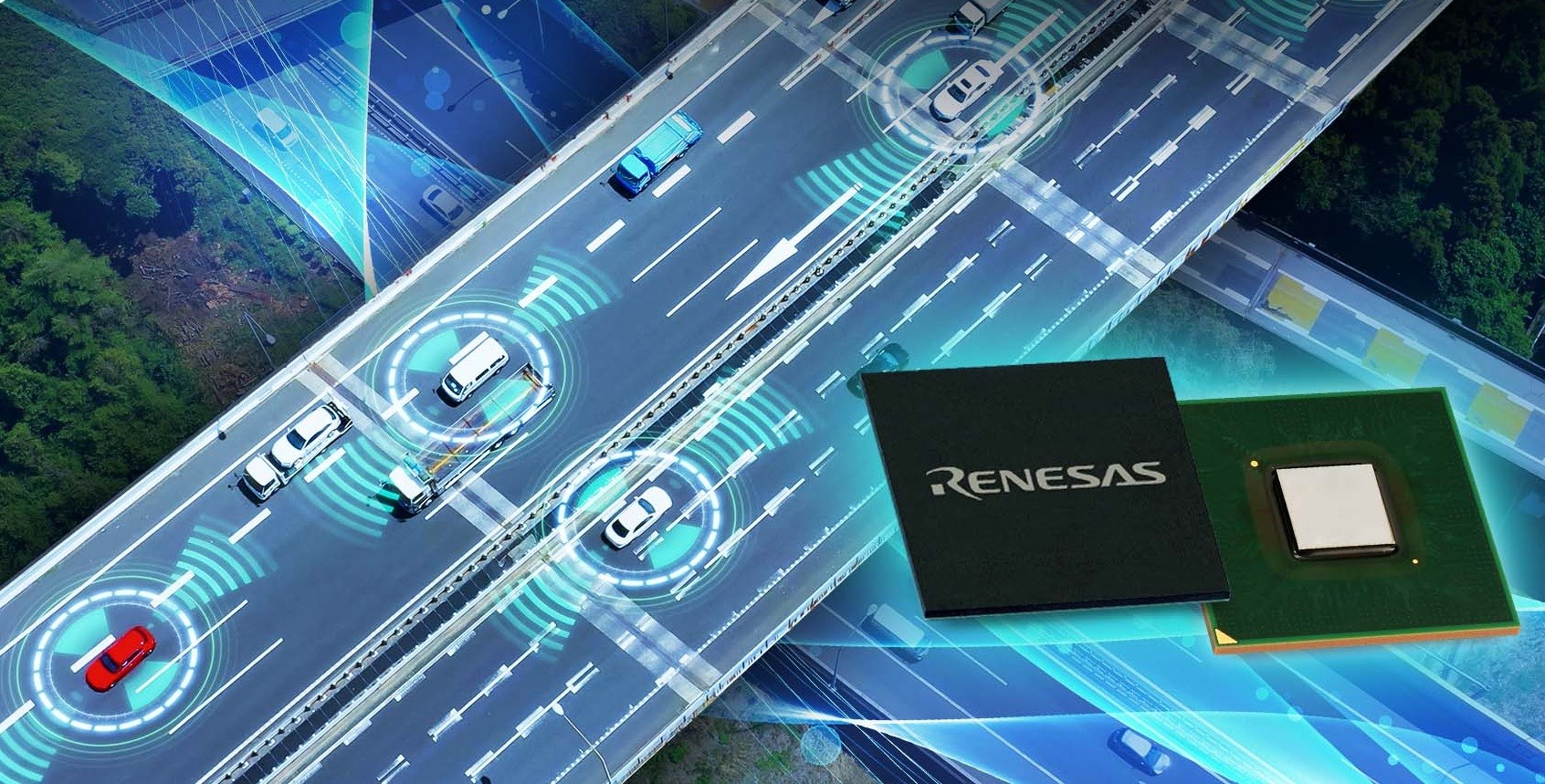
See Full Size
One ECU to rule all
Honda recently introduced the Honda 0 SUV and Honda 0 Saloon prototypes under the Zero series. These software-defined vehicles will have advanced autonomous driving technologies such as Level 3. The partnership between Honda and Renesas enables all vehicle functions in this series, instead of multiple electronic control units (ECU) found in traditional systems. a single central ECUIt aims to develop an architecture that unites
See Full Size
Renesas’ R-Car solutions can be customized by leveraging multi-chiplet technology and enable higher AI performance by integrating AI accelerators into the SoC.
Honda and Renesas to realize Honda’s SDV vision TSMCs of 3 nm decided to develop a high-performance and energy-saving SoC using process technology. This new SoC will combine Renesas’ fifth-generation (Gen 5) R-Car X5 SoC series with an AI accelerator optimized for AI software independently developed by Honda. Thus, power consumption will be kept low while providing the AI performance required for advanced driving functions and autonomous systems.
This news our mobile application Download using
You can read it whenever you want (even offline):





